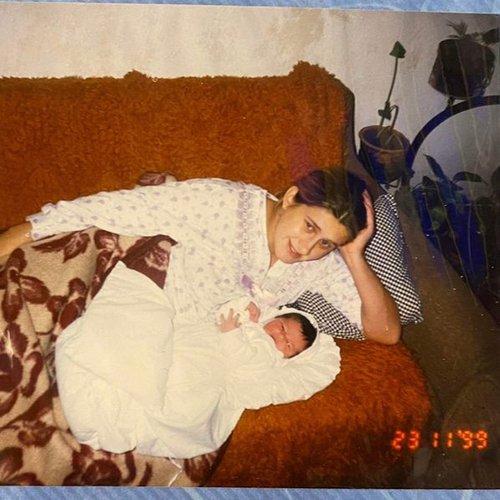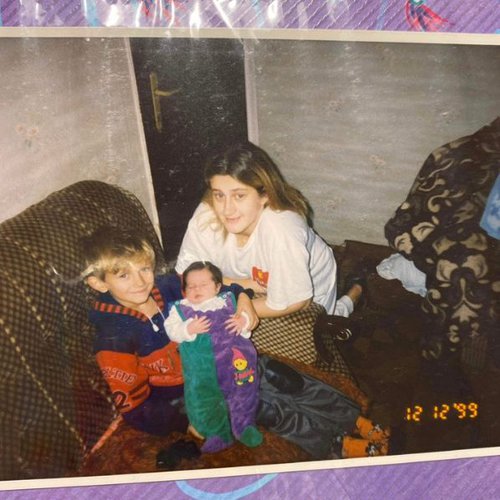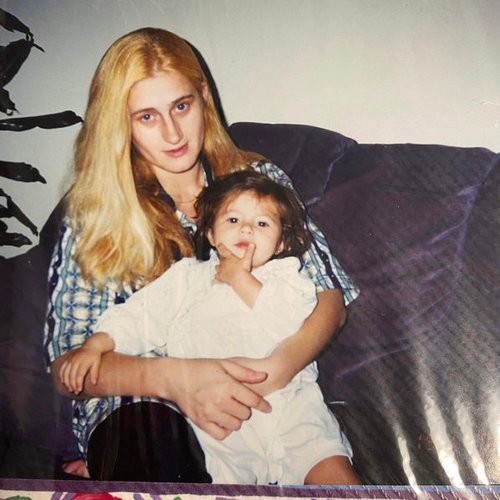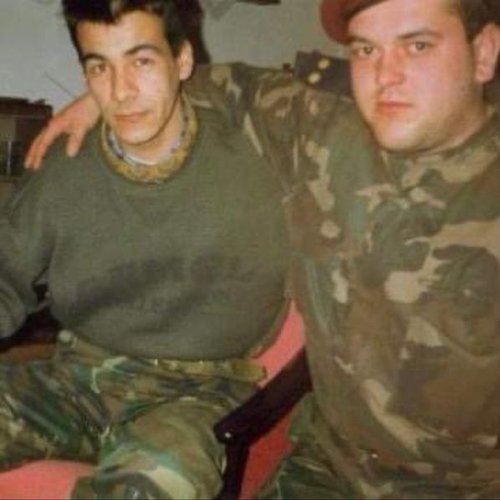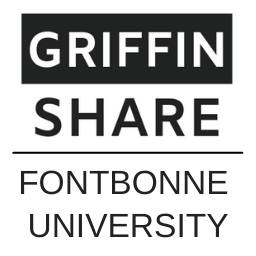Recollecting Our Past: St. Louis Bosnians a Generation after the War
Project Overview
My focus area this semester was the Center's oral histories collection and examining them to get an understanding of what to expect from my own interview when the time came. In the decades after the war in Bosnia-Herzegovina, many second-generation children experienced lots of cultural and identity shifts that their parents worked hard to prepare the kids for, while they struggled to learn about the same information themselves as immigrants and refugees in a new place.
This oral history shares the stories of a young adult who came to America as a young child. It shows how the war still plays an important part in their lives and how it has impacted them, exploring their experience of cultural displacement, their struggle with identity, and the dynamic shifts in their relationship with their parents and friends. I wanted to be able to show the community how being inclusive and mindful of refugees can really impact how they are able to build a life in a brand-new place as we see here in my conversation with Mirela about her family and her life in St. Louis.
My goal is for visitors to view these histories and open their minds about war and how serious it actually is for every-day-families who have no particular part in war other than fighting to defend the land they call home. The audience is meant to see how children are not immune to the world we create for them. They see the good, the bad, the ugly, and the redeeming and it is really as if children are sponges to their environment, as we learn in many child psychology courses. It is important to remember history not only as it was but also through the lens of the children of the war as well.
In this interview with Mirela, my goal is to show the audience just that: children of the war that ‘ended’ 30 years ago remain impacted through cultural and language differences that shape who they are as Bosnians in St. Louis. Mirela came to America at a very young age, and the life that her parents lived, and live, and how she was raised all have a direct impact on her life and how she continues to live it at 22 years old.
Jordan's interview with Mirela is available as part of the Center's Digital Collections: https://griffinshare.fontbonne.edu/gs-451-2022/.
Jordan is an Education major at Fontbonne University.
